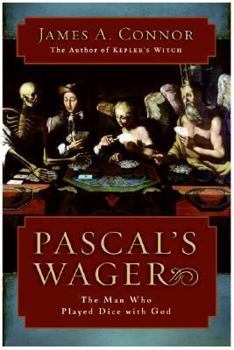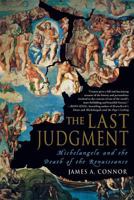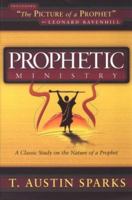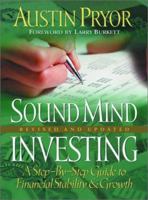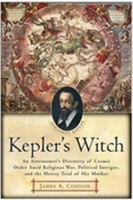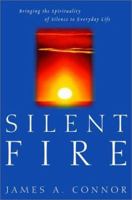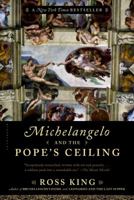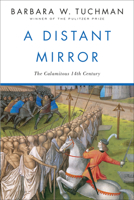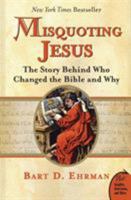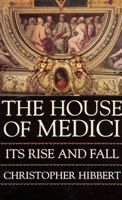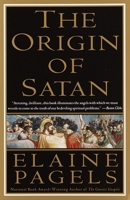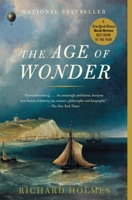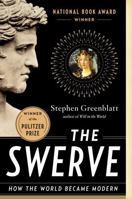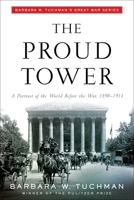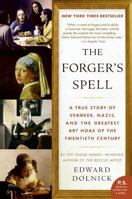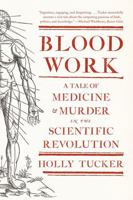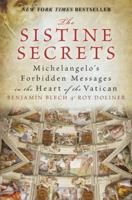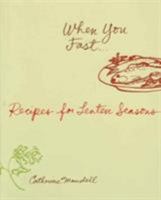Pascal's Wager: The Man Who Played Dice with God
Select Format
Select Condition 
You Might Also Enjoy
Book Overview
Customer Reviews
Rated 5 starsA fascinating book about a fascinating life
I knew about "Pascal's wager" before reading this book: the calculated risk of believing in God---or not believing. What I hadn't known was that this arose from Pascal's experiences with gambling, science, and God. He wrestled to bring math and God together in a lucid way, and yet he embraced Jansenism (a Calvinistic branch of Catholicism that ultimately was condemned as heretical). He was sick and in pain much of the time,...
0Report
Rated 5 starsA Great Mind Looking for a Heart
PASCAL'S WAGER: The Man Who Played Dice With God. By James A. Connor, Harper Collins Publishers, 2006] James Connor has given us the opportunity to enter the physical space and place of 1588-1670 France. He brings classic and substantive insight into the provincial and fomenting social mores of these times: the militancy and corruption of the papacy; the intrusive and diminishing ideology of Aristotelian philosophy; and,...
0Report
Rated 5 starsA wonderful little book about physics and faith
As an engineer I had studied all about Pascal's products, the conic sections, the vacuum, and the probability studies. However, until I read this book never could have imagined the sad and inspirational story behind the genius, Blaise Pascal. It is written in short readable chapters that give you a vivid picture on the 17th century in which he lived. The book gives a spectacular vision of the beginning of science as we know...
0Report
Rated 5 starsInteresting fellow, interesting times, interesting intersection of science and religion.
This fairly short (216 pages) book centers around the central dilemma of Blaise Pascal's, the 17th century math prodigy's, life philosophy: How to reconcile his austere view of life as should be lived by a creation of God with his obvious love of math, science, and worldly ideas. Another hundred pages could have been used to flesh out Pascal's writings and scientific ideas so that the reader could make more of his own decision...
0Report










